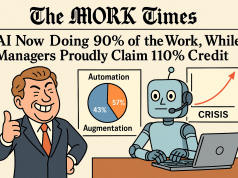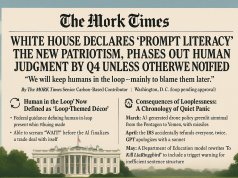In a world where change is the only constant, the concept of a linear career path is rapidly becoming antiquated. Today’s economy is a volatile environment, where technological breakthroughs, shifts in global markets, and evolving work cultures have upended traditional notions of career development. For professionals seeking to thrive in this new terrain, adaptability isn’t just an asset—it’s a necessity.
As we wade through this era of unpredictability, the key to navigating career transitions successfully lies in understanding the forces driving these changes. Automation and artificial intelligence are reshaping industry landscapes, making some jobs obsolete while giving birth to new kinds of employment. Globalization and remote work trends are creating a vast, interconnected labor marketplace. Moreover, the rise of the gig economy reflects a broader shift in work preferences, emphasizing flexibility over the security of long-term employment.
Faced with these developments, workers must learn to pivot—not just once, but potentially several times throughout their careers. Preparation begins with a critical assessment of one’s transferable skills. What are the core competencies that can traverse industries and functions? How can these be repackaged to appeal to new sectors? Effective self-marketing in this age also means cultivating an online presence that reflects one’s multi-faceted professional identity, connecting with networks that span traditional industry boundaries.
For companies, supporting employees through these transitions isn’t just about offering robust training programs—it’s about fostering a culture of growth. Organizational policies need to encourage, not penalize, internal mobility. Mentorships and cross-departmental projects can serve as vital platforms for staff looking to expand their horizons. Meanwhile, clear communication about industry trends and company direction can assist employees in making informed decisions about their career trajectories.
Our exploration includes real-life case studies of individuals who have seamlessly transitioned between careers, illustrating both the opportunities and hurdles encountered along the way. We’ll offer practical advice on how job-seekers can identify and seize opportunities for reinvention. By the same token, we’ll outline strategies for organizations aiming to create a supportive ecosystem that nurtures talent and embraces change.
The future of work may be shrouded in uncertainty, but it’s also ripe with possibility. Join us at The Work Times as we chart a course through the thrilling, uncharted waters of career evolution.




























